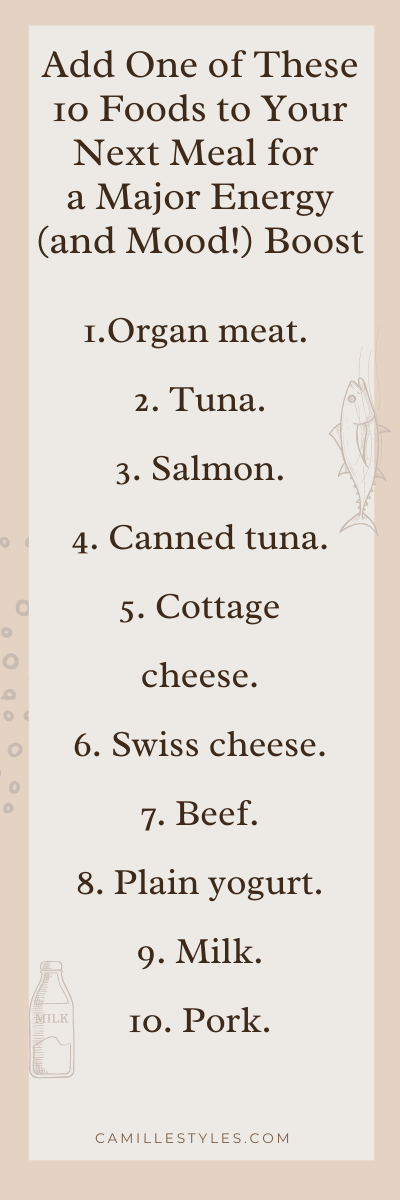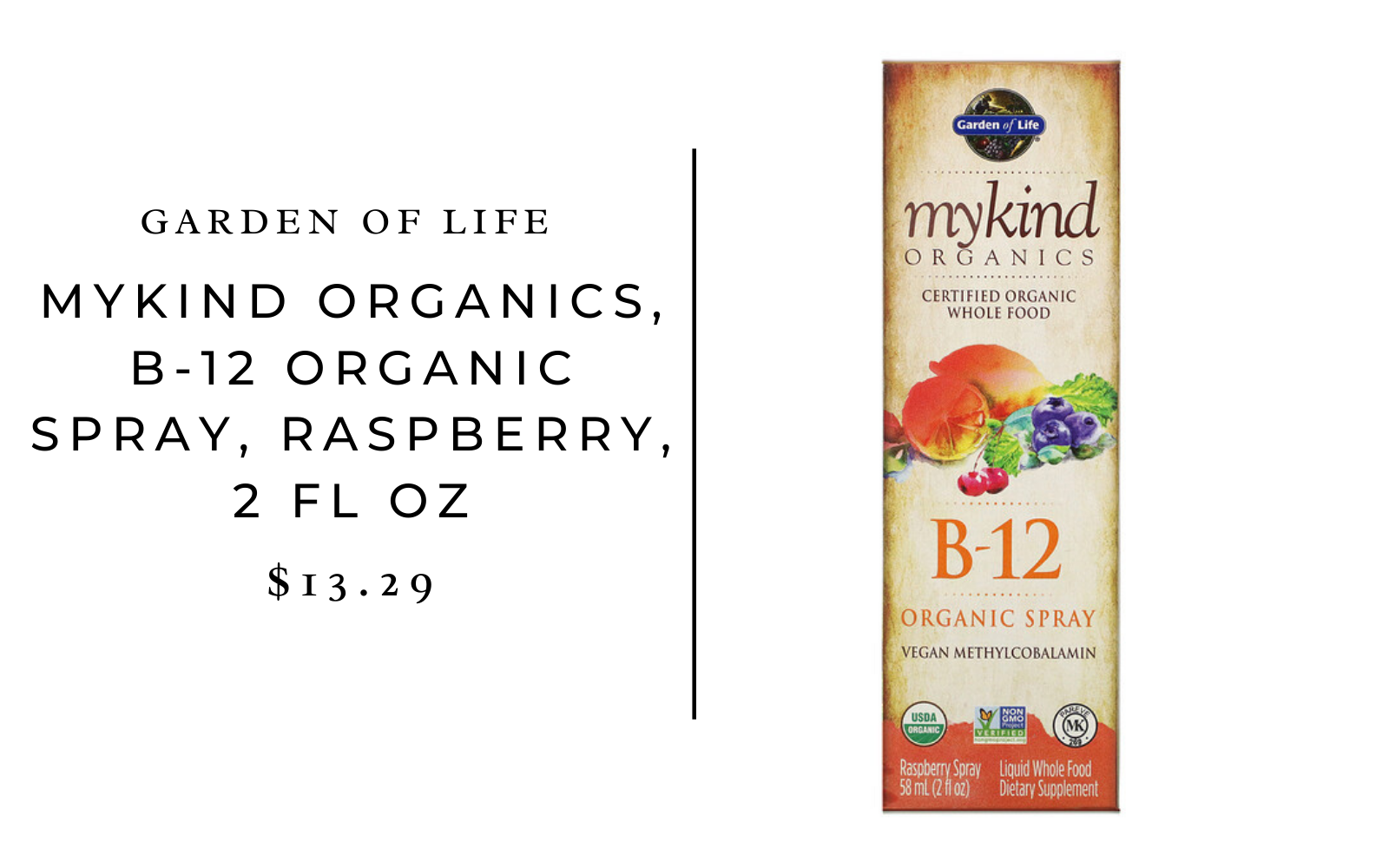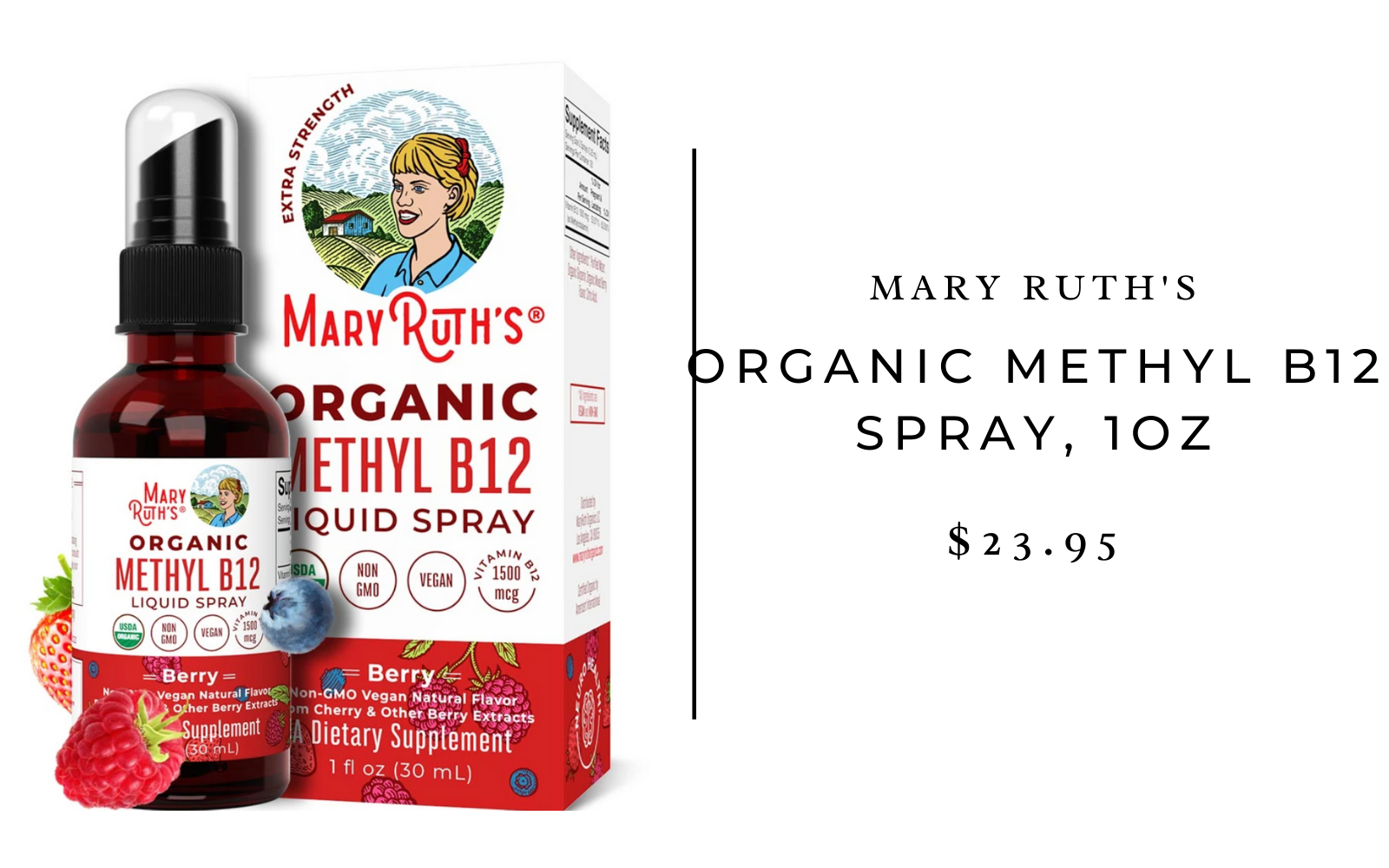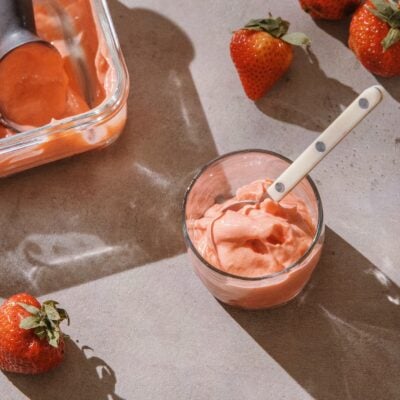Stroll the drink aisle at the grocery store, and you’re bound to find an energy drink (or five) with a B12-adorned label. And while there is a hint of truth there, it’s mostly marketing. After all, vitamin B12 isn’t a stimulant. It doesn’t give you more energy—rather, B vitamins play an important role in converting what you eat into energy. Said differently: while vitamin B12 is related to energy, it doesn’t give you the same caffeine boost as a cup of coffee. But the good news is, there are a lot of foods that are high in B12 you can incorporate into your diet to help boost your energy (and your overall health and wellbeing, too!).
If you think of your body as a car, vitamin B12 helps keep the motor humming along. It’s an essential vitamin, just like iron is an essential mineral. In that same vein, along with foods that contain iron, there are also a variety of foods with B12. From clams to cheese, vitamin B12 is present in animal-based ingredients. As an omnivore, there is plenty to choose from. Plant foods, however, do not contain vitamin B12. If you lean plant-based (or are fully vegan), no need to fret. Vitamin B12 supplements are widely available. From gummies to tinctures and sprays, there’s a B12 supplement for everyone.
Since your body doesn’t make vitamin B12 on its own, it’s important to get it from what you’re consuming—be it animal-based foods or a high-quality B12 supplement. This nutrient does a myriad of things for your body, from helping make your DNA to creating red blood cells. It’s vital, to say the least. When was the last time you had your B12 level checked? Luckily, most people in the U.S. get enough of this vitamin, but if you’ve recently made changes to your diet, chat with your healthcare provider about vitamin B12.
Read on to learn more about B12, the top 10 foods that are high in B12, and the recipes to cook them with.
What is vitamin B12?
Vitamin B12 is a water-soluble vitamin. It’s one of the eight B vitamins that helps the body convert food into glucose. This, in turn, gives you energy. Your body needs vitamin B12 to stay healthy. It plays an essential role in the formation and metabolism of your red blood cells. It also aids in your ability to produce DNA (the genetic material in your cells).
Vitamin B12 has a number of additional functions too. From supporting the well-being of your nervous system to preventing anemia, vitamin B12 is key. In fact, vitamin B12 helps maintain your nerve cells’ overall health.
Why we need vitamin B12
It’s important to maintain adequate levels of B12 in the body. It is vital for human life. Due to its role in making red blood cells, supporting brain health, and nerve function, we need vitamin B12 to thrive. For pregnant and breastfeeding women, specifically, vitamin B12 is necessary for an infant’s neurological development, red blood cell production, and immune system.
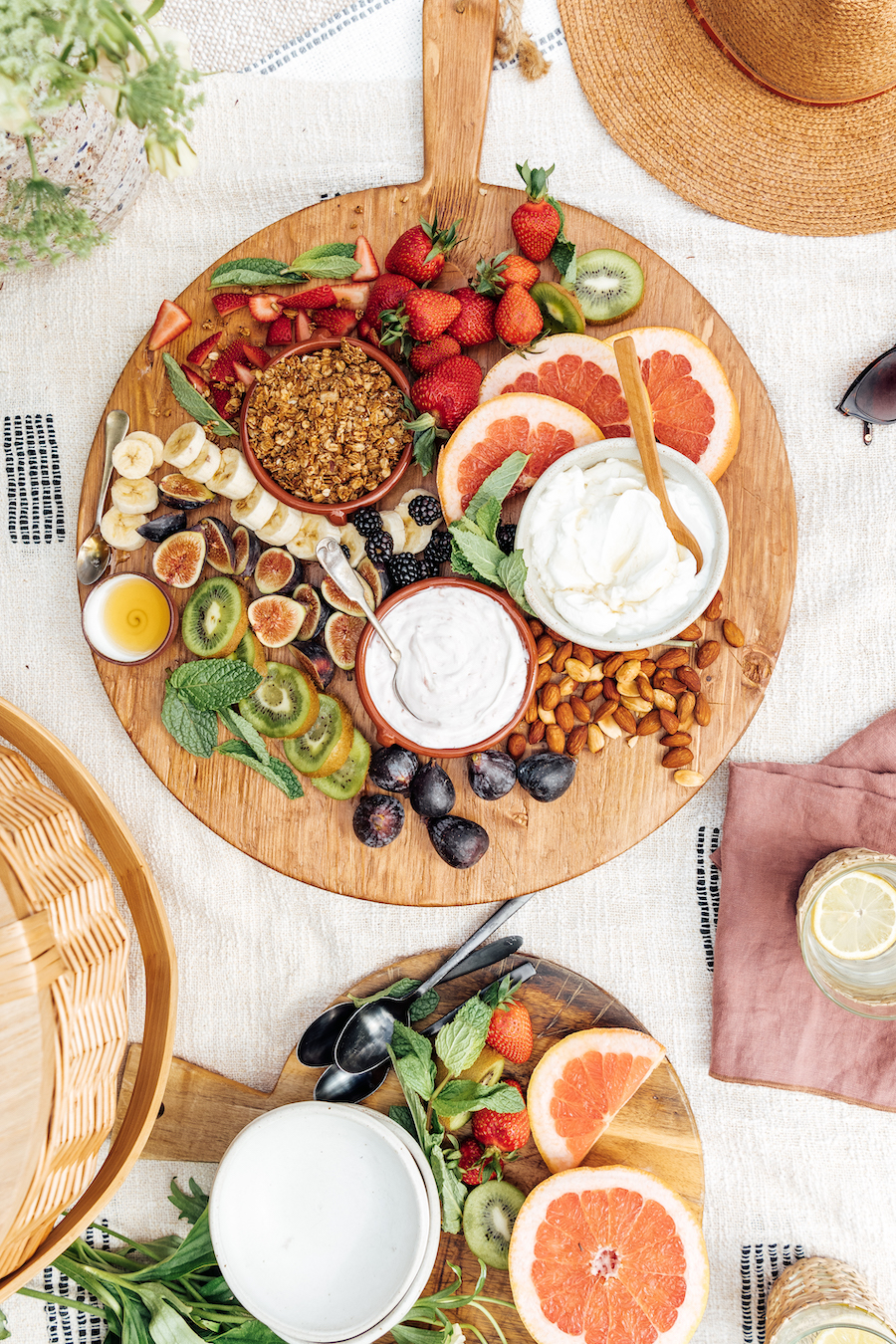
How much B12 should you consume a day?
The standard supplemental dose of vitamin B12 is 1-25 mcg per day. The recommended dietary allowances (RDAs) of vitamin B12 vary. Ultimately, the amount of vitamin B12 you need is primarily based on age. Broken down further, these are the ranges in micrograms:
- birth-12 months: 0.5mcg
- 1-3 years: 0.9mcg
- 4-8 years: 1.2 mcg
- 9-13 years: 1.8 mcg
- 14 years and older: 2.4 mcg
- pregnant teens and women: 5-10 mcg
- breast-feeding teens and women: 5-10 mcg
As you can see, pregnant and lactating women need higher levels of B12. Research shows that when combined with folic acid, B12 supplements can help prevent spinal and nervous system birth defects in babies.
Ultimately, we are all bio-individuals. Your nutrient needs are unique to your body. I recommend getting a blood test and consulting with your doctor or healthcare professional before significantly increasing your B12 consumption.
What are the symptoms of B12 deficiency?
Vitamin B12 deficiency can cause damage to your nerves and can affect memory and thinking. A few symptoms of B12 deficiency include:
- Weakness or tiredness
- Heart palpitations and shortness of breath
- Pale skin
- A smooth tongue
- GI issues, like constipation
- Sensation of pins and needles
- Disturbed vision or lightheadedness
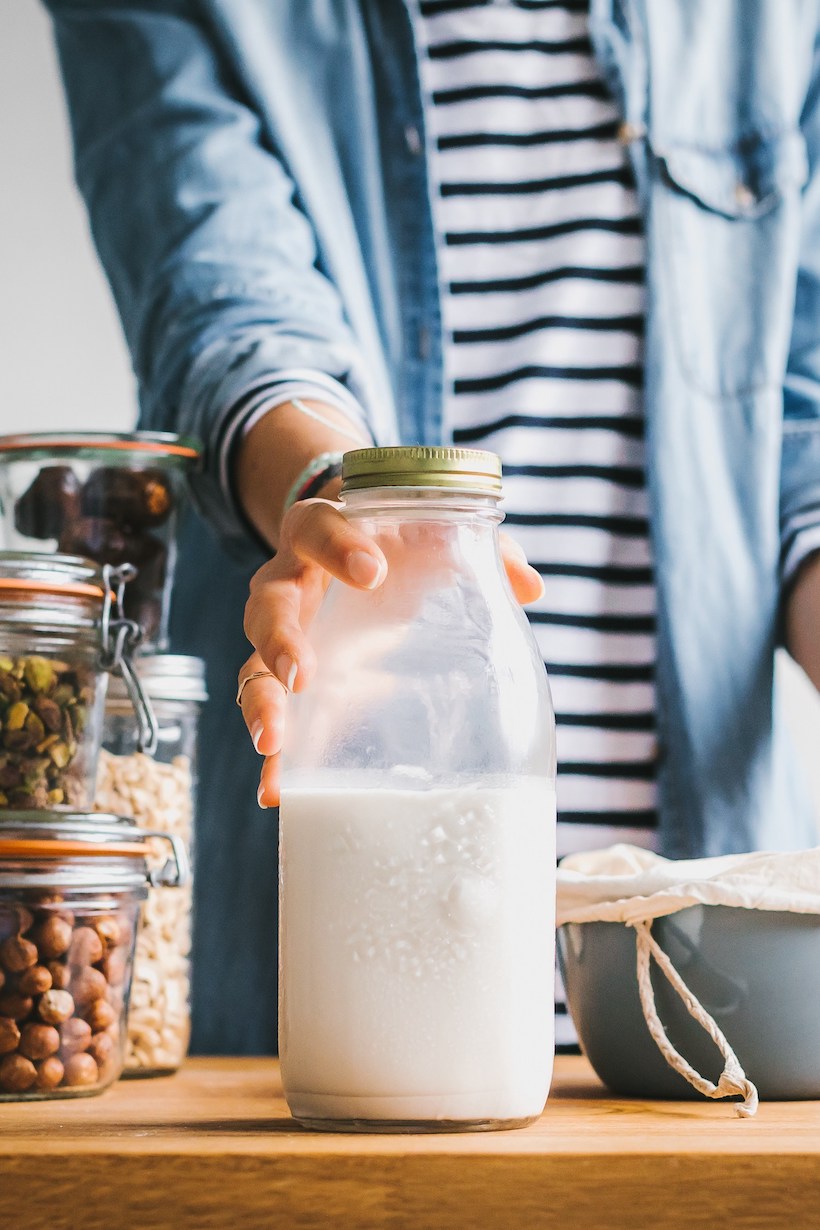
I eat a plant-based diet, do I need to supplement with B12?
Yes. Vegans are most likely to be deficient in vitamin B12. For that matter, vegetarians, pregnant women, and lactating mothers will want to track their diets closely to make sure they’re getting enough vitamin B12. We love these high-quality B12 supplements.
I’m anemic, do I need to supplement with B12?
Possibly. After all, not having enough B12 can lead to anemia, which means your body does not have enough red blood cells. Vitamin B12 is necessary for making red blood cells, which carry oxygen throughout your body. Without enough red blood cells, your tissues and organs don’t get enough oxygen. In turn, this can make you feel weak and tired. Of course, consult your physician or healthcare provider if you think you need to supplement with vitamin B12.
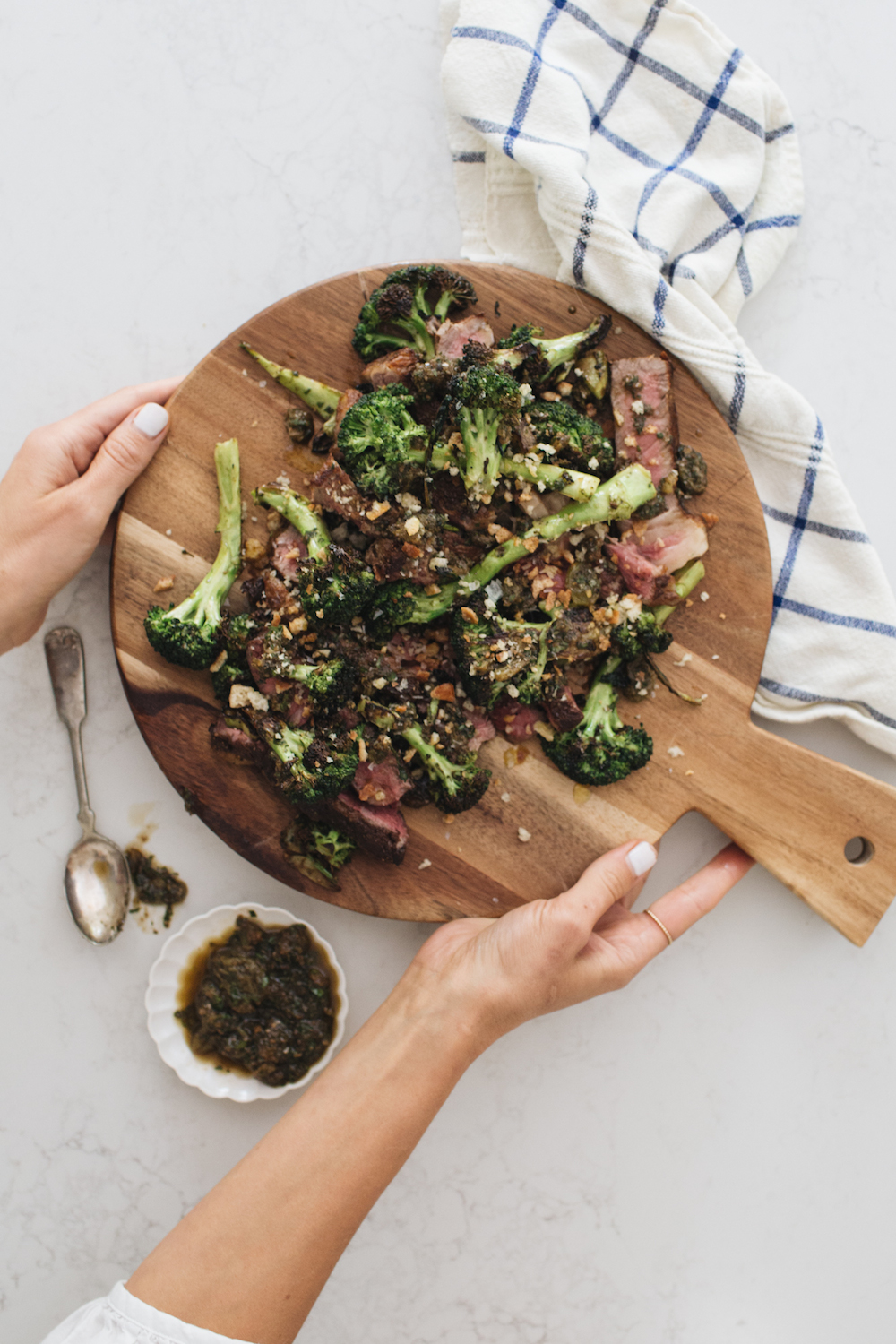
I need more energy, should I supplement with B12?
It depends, of course! While some people feel an immediate energy boost from taking a B12 spray, others may experience no effect at all. Personally, if I am eating a more plant-based diet, I notice a difference when I supplement with B12. However, quality and absorption matters. More on that, below.
Ultimately, it comes down to deficiency. If you determine you’re B12 deficient—via a blood test—you’ll likely benefit from supplementation. In essence, because B12 helps convert food into energy, you can better utilize your snacks and meals when B12 is in a normal range. However, other lifestyle factors matter too. For example, if your energy levels are low due to stress or lack of sleep, supplementing with B12 won’t necessarily give you the energy boost you need.
2 tips to enhance B12 absorption in the body
- B12 absorption can be increased by taking folate (another B vitamin) at the same time. Whether that’s in a supplement or food source, the two go hand-in-hand. Foods with folate include chickpeas, liver, pinto beans, lentils, avocado, and more.
- If you’re supplementing, aim for a B12 supplement that contains methylcobalamin or adenosylcobalamin. Both of these bypass several potential issues in the absorption cycle). Cyanocobalamin, on the contrary, is the least absorbable. A quick label check will do the trick.

The best B12 supplements
While there are plenty of ways to get vitamin B12 through diet—and there are many animal-based foods that are high in vitamin B12—supplementing is an easy way to make sure you’re getting the daily recommended amount.
Keep in mind that most supplements contain much higher doses than you actually need (often 500 – 2,500mcg). That said, these amounts are generally considered safe. No tolerable upper intake has been established, due to low risk for B12 toxicity. Excess vitamin B12 gets excreted by the body, but supplementing with higher doses will likely result in the urine becoming a brighter shade of yellow (which is harmless.) My favorite B12 supplements are sprays from Mary Ruth’s and Garden of Life.
Is it possible to eat too many B12-rich foods?
Short answer, no. In fact, the Office of Dietary Supplements (ODS) does not provide an upper limit for vitamin B12. This is because most people tolerate B12 well with no unwanted side effects. When you intake more B vitamins than your body has an immediate use for, its excess is excreted through the urine. Unlike other water-soluble vitamins, the liver stores large quantities of B12. In fact, stores can potentially last for three to five years in healthy adults. In other words, if you stop consuming vitamin B12, the body’s stores of this vitamin typically take upwards of five years to exhaust
Edie’s Top 10 B12-Rich Foods to Add to Your Diet
Foods highest in vitamin B12 are organ meats, trout, salmon, yogurt, and egg yolk. Although plant foods do not produce vitamin B12, certain packaged foods are fortified with vitamin B12, like non-dairy milk and meat substitutes.
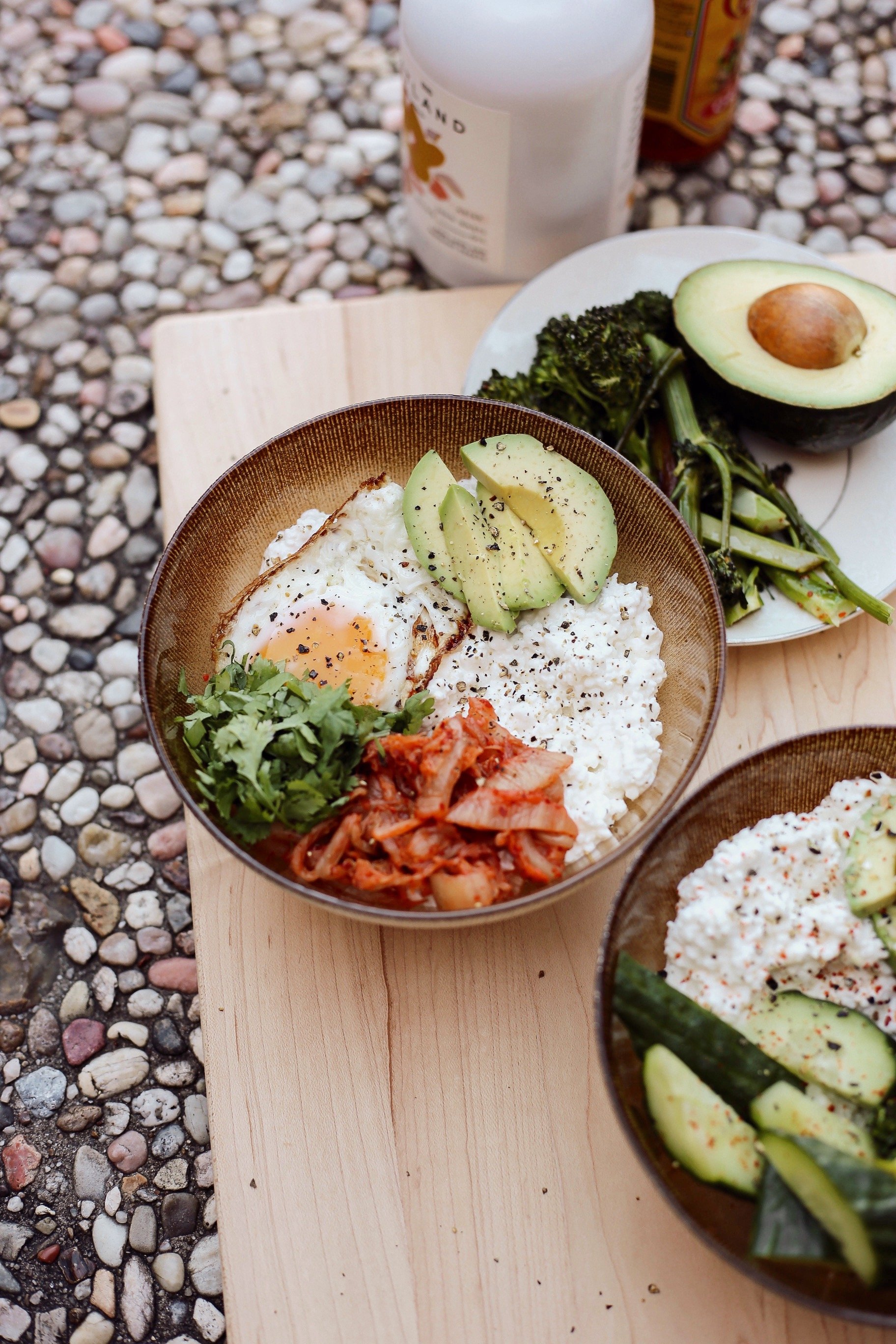
- Organ meat
B12 levels: 14mcg per 2.5oz
The recipe: Secret Liver Burgers
- Tuna
B12 levels: 7.9mcg per 2.5oz
The recipe: Tuna Niçoise Toast
- Salmon
B12 levels: 3.3mcg per 2.5oz
The recipe: Baked Pesto Salmon
- Canned tuna
B12 levels: 2.2mcg per 2.5oz
The recipe: Easy Canned Tuna Pasta
- Cottage cheese
B12 levels: 1.5mcg per 1 cup
The recipe: Cottage Cheese Breakfast Bowls
- Swiss cheese
B12 levels: 1.5mcg per 1.5oz
The recipe: Ham, Apple, and Swiss Panini
- Beef
B12 levels: 1.3mcg per 2.5oz
The recipe: Slow Cooker Beef Roast
- Plain yogurt
B12 levels: 1.3mcg per ¾ cup
The recipe: Raspberry Chia Yogurt
- Milk
B12 levels: 1.1mcg per 1 cup
The recipe: Basic French Toast
- Pork
B12 levels: 0.8mcg per 2.5oz
The recipe: Orange-Chili Glazed Pork Tenderloin
Shop Edie’s Favorite Vitamin B12 Sprays:
Garden of Life MyKind Organics, B-12 Organic Spray, Raspberry, 2 fl oz
Mary Ruth’s Organic Methyl B12 Spray, 1 oz
What are your go-to recipes that are high in vitamin B12?
Loved this post? Pin this graphic to come back to it later.
